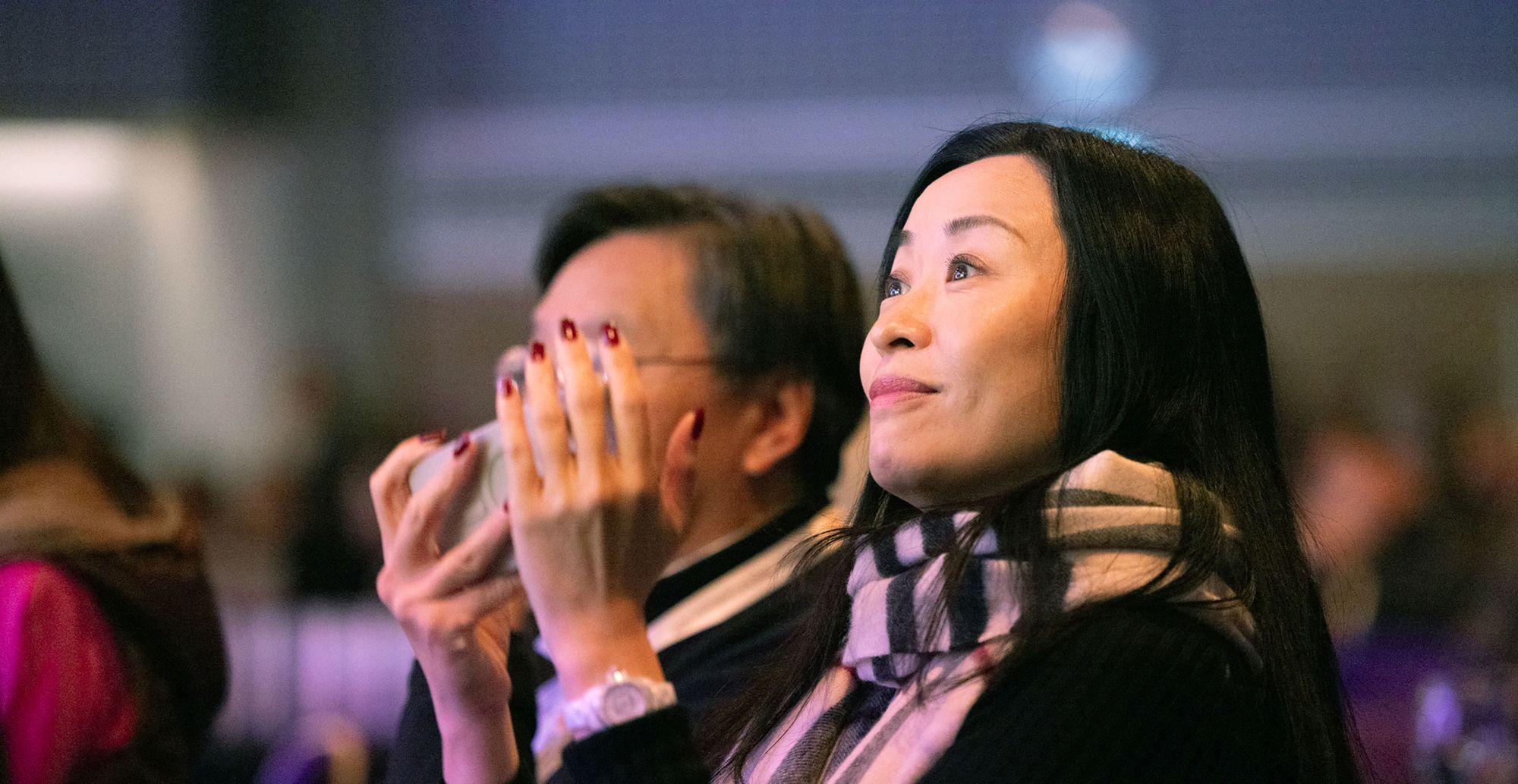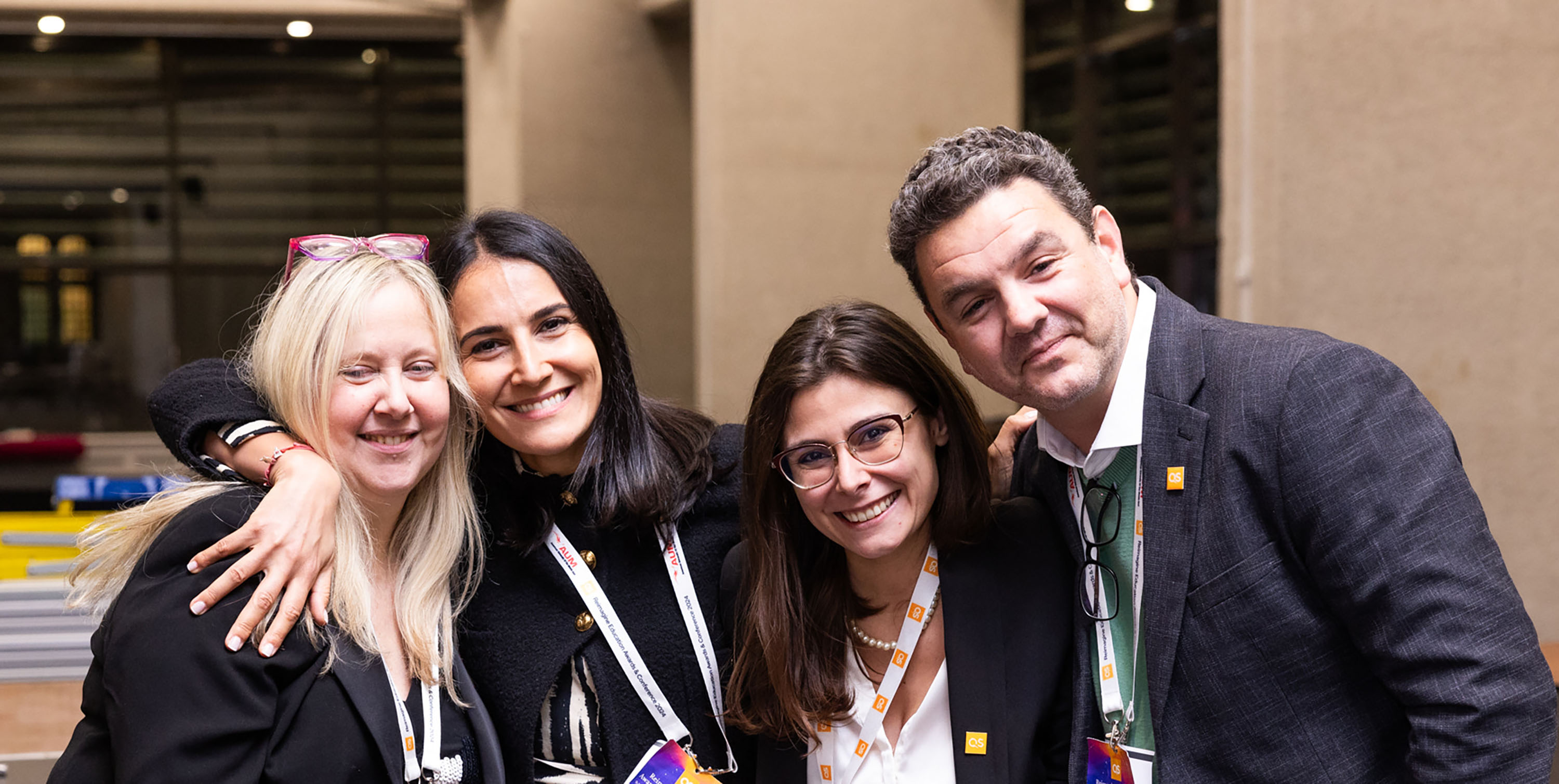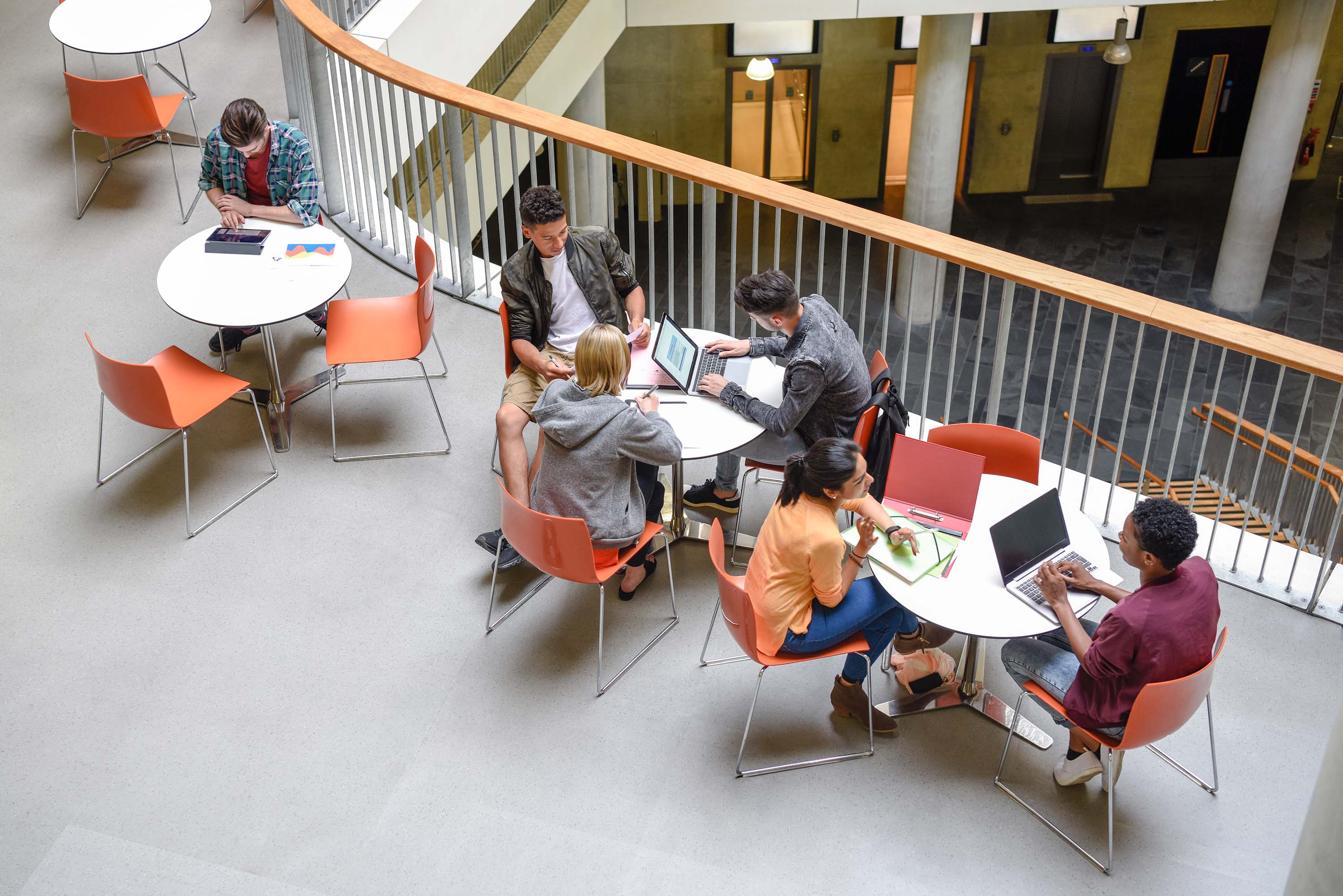QS Intelligence Unit team has attended the EAIE Conference in Dublin in September 2012 and here is a summary of the attended sessions:
1. Increasing enterprise cooperation and making students more employable
The first speaker, Luca Pirozzi, from the European Commission first gave the audience key facts and initiatives about job market for graduates. For instance, we learned that currently 32.3% of all Europe population has a higher education degree and by 2020, 35% of all jobs will require a high level of qualifications. Then, an initiative called Europe 2020 was discussed which aims to improve the quality and relevance of higher education. We learned that some Knowledge Alliances will be launched in 2013 to strengthen Europe’s innovation capacity and closer cooperation between HE and businesses.
The second speaker was Marjo van der Valk-Kuijpers from TU Eindhoven. She shared her experience with a consortium hosted at TU Eindhoven, revealing how it cooperates with local institutions including the Chamber of Commerce, the Vocational School and the University of Applied Sciences.
Finally, Paul Blackmore from University of Exeter, Head of Employability & Graduate Development explained how important the different aspects to find a graduate job are. According to the International Student Barometer, University of Exeter is ranked number one in Careers Advice. According to the institution, a graduate job is composed of the following set of knowledge:
- Personal transferable Skills
- Career Management Skills
- Work Related learning/work experience
- Enterprise skills & commercial awareness
- Good degree
2. Universitas 21: a consortium approach to inspiring global perspective through education abroad
The objective of U21 was reminded to the audience, which is the collaboration, cooperation and comprehensive involvement. Today, 650,000 students and 100,000 staff are in the U21. The three key-note speakers showed how each university is developing a particular programme for studying abroad.
Rachel Wellam from University of Melbourne highlighted a programme implemented in 2005, called Global Issues Program (GIP) in agreement with 8 partners. The GIP enables students to choose one core subject among four and students can now mix and match online, campus and exchange courses.
Gail Armistead from University of Nottingham focussed on the practical aspects implemented at the institution to prepare exchange students.
Beena Anderson from University of Birmingham presented the benefits and issues of a new module created in a three-year period allowing selected students to spend their studies in three different countries (Birmingham, Delhi and Melbourne), the first campuses giving 20 credits each to its students except for its Indian partner.
3. International admissions in Europe: Universities vis-à-vis Business Schools
The session has been cleverly chaired by Agnes Leyrer from Educational Testing Services, on one hand presenting two leading business schools (IE Business School and ESMT Berlin) and two major universities on the other hand (Aalto University and Tilburg University). Each institution stated its own selection and admission process and a table comparing key elements was concluding the session.
Interesting facts:
- IE Business School does not have any deadline for applications for the MBA programme, a rolling admission model is used.
- ESMT Berlin has many stakeholders; it has been founded by a 25 companies and institutions.
- Both Tilburg University and Aalto University do not require students with work experience; and the latter does not charge tuition fees to both domestic and international students.









.jpeg)









